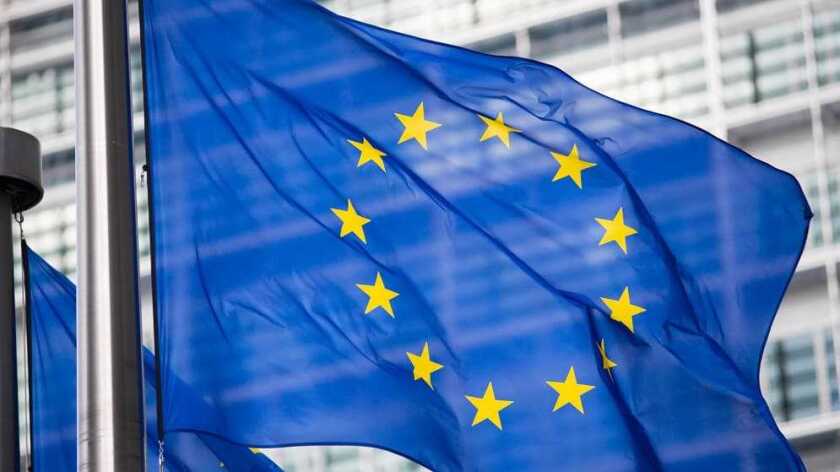The meeting follows attempts to try and create an equal playing field between the OTTs and telecoms operators.
The ongoing process began two years ago when the European Commission published its proposal for an ePrivacy regulation that would ensure tech companies that offer online messaging and email services would be required to adhere to the same strict rules as telecoms providers.
As the ambassador met in Brussels earlier this month, disagreements on issues such as cookie tracking, provisions on detecting and deleting child pornography and consent requirements, stalled the negotiation process. Resulting in the rejection of approval for the draft ePrivacy policy.
All the EU now need to develop a stance on such issues before renewing talks to reach a common position with the Commission and the European Parliament.
The ePrivacy rules has come under much scrutiny from tech companies and critics alike for its lack of flexibility and strict nature.
In 2017, Capacity reported that the European Telecommunications Network Operators Association (ETNO) and GSMA Europe said operators recognise the EC’s goal in protecting the confidentiality of communications but warned European legislators need to adjust the proposals to make sure it promotes innovation and “customer-friendly” services.
It has however, received its fair share of praise on the part of the consumer, speaking to Reuters, Diego Naranjo, head of policy at European Digital Rights (EDRi), said:
“In this era of disinformation and privacy scandals, refusing to ensure strong privacy protections in the ePrivacy Regulation is a step backwards for the EU. By first watering down the text and now halting the ePrivacy Regulation, the Council takes a stance to protect the interests of online tracking advertisers and to ensure the dominance of big tech. We hope the European Commission will stand on the side of citizens by defending the proposal and asking the Council to ensure a strong revised text soon in 2020.”






